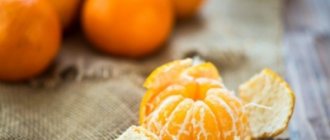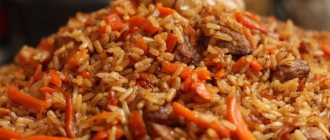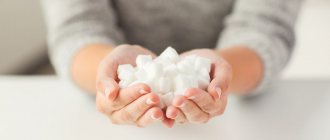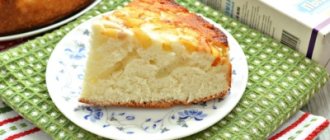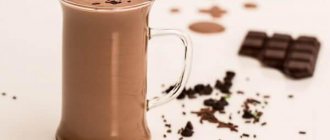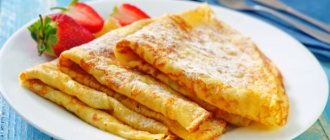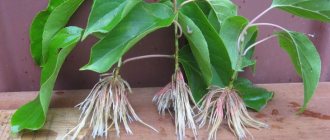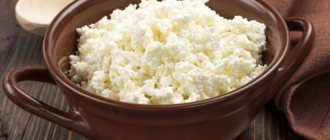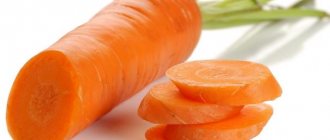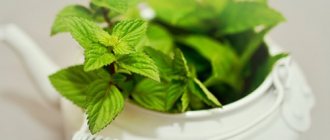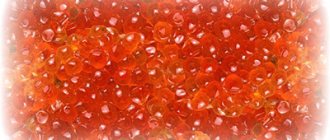Methods of application
The drug is taken after meals as an infusion. There are four variations of the drug, each of which has its own characteristics:
Chest collection 1
Children: 1 gr. mixtures, the method of brewing the infusion is similar. The general course of treatment is three weeks. Chest cough collection 1 is considered the best for children under 12 years of age.
Adults: 1 tbsp. l. pour cold water, boil in a water bath for 10-15 minutes, let it brew for 40-50 minutes, pass through a sieve and bring the volume to 250 ml. Drink a tablespoon three times a day;
Chest collection 2
Adults: 5 gr. The mixture is poured with water and boiled in a bathhouse for 20 minutes, then cooled, filtered and diluted with warm boiled water to 200 ml. Take warm four times a day for 2 weeks. Be sure to shake before use;
A child can also be given this infusion for cough. The only condition is to take half a teaspoon of powder.
Chest collection 3
Adults: 7 gr. Powder is poured with boiling water and boiled in a bathhouse for 25 minutes. Then you need to cool, strain and dilute with water to make 200 ml. It is recommended to drink hot after meals, 5 times a day. It is necessary to complete a two-week course;
It is better to buy this collection for children in filter bags and brew one like tea, after covering it with a saucer for better infusion. Drink before eating.
Chest collection 4
Adults: add 8 grams to 150 ml of boiling water. mixture, boil for 15-20 minutes, infuse, pass through a sieve or gauze, dilute with water to 200 ml. Take 75-80 ml three times a day for three weeks;
For a child’s cough, it is recommended to brew the fourth collection in the same way as the third. Give to drink before meals.
Gentle treatments
But quite often the mother does not want to take the pills for fear of harming the child. There is an alternative method - inhalation treatment several times a day. A wet cough can be treated with regular saline solution. And dry Ambrobene syrup eliminates well.
You can also rub your throat with warming ointments: “Vicks Active Bolsam” or “Doctor Mom”. But these products should not come into contact with the skin of the chest.
During treatment, it is also allowed to use any herbal mixture, for example, “Breast collection No. 2”.
Folk remedies
Many mothers believe that there is no need to use any chemicals when feeding their baby, and they make do with folk remedies. Raspberry tea, honey, and licorice syrup are familiar to everyone since childhood. For a mild illness, such treatment may be completely justified, but it must be borne in mind that many classical folk remedies are strong allergens. The harm to a child from them can be even higher than from classical medications.
Ordinary water, tea and compote are absolutely safe and healthy. You need a lot of liquid to prevent the mucous membranes from drying out. For a severe cough, a mixture of hot milk with alkaline mineral water or a decoction of figs in milk helps. It’s a good idea to prepare a mixture of black radish juice and honey. For a wet cough, a decoction of onions in milk with the addition of honey helps a lot.
Excellent homemade herbal mixture: chamomile, thyme and anise. You can drink this mixture and gargle with it.
During pregnancy and pregnancy
Today there is no definitive answer whether pregnant women can take herbal cough medicines. Many doctors believe that they can provoke allergic reactions, but still prefer to prescribe them rather than medications. However, a woman still needs to be careful and carefully study the possible side effects. If the slightest manifestations of allergies begin, you need to stop taking the drug and consult a doctor.
Some scientists claim that a woman during lactation can take any breast milk without fear of side effects. In most cases, this is true, but it is better not to self-medicate and consult a doctor.
Tea for weight loss while breastfeeding
They provoke a cessation of breast milk production and can affect its taste. Is it possible to abruptly stop breastfeeding if necessary by taking elecampane decoctions and teas? But only after consulting a doctor. Substances contained in the plant can affect the baby’s body and cause a number of problems.
Next page.
You are Home here. Family and Children. Nutrition of a newborn. Medical expert article. New publications Facial cleansing with acids: hyaluronic, salicylic, lactic. Blue tea: benefits and harms, contraindications. An eyesore for a person. Iodine during pregnancy. Iodinol for sore throat: how to dilute and rinse? Jellyfish sting: symptoms, consequences, treatment. Teas and herbs during breastfeeding: which ones you can drink and which ones are prohibited. Alexey Portnov, medical editor Latest edition: Can nursing mothers drink rose hips?
In order for rosehip decoctions to bring only benefits, you need to learn how to prepare them correctly: you should avoid boiling. This cooking method kills a large number of beneficial substances; to infuse tea, it is better to take a large thermos; Nursing mothers should use only proven berries that they have collected. It is difficult to talk about the benefits of pharmaceutical rose hips; 4 tbsp. It should infuse for about hours; If desired, you can add a small amount of sugar.
It is important to know! The diet during breastfeeding should be special. After all, its main task is to provoke weight loss, but at the same time provide the baby with all the necessary components.
For many young mothers, immediately after giving birth, the problem of how to lose weight while breastfeeding is especially pressing. Of course, I really want to return to my previous form, but there are many factors that prevent the implementation of my plans. This includes a good appetite, which usually occurs during lactation, and hormonal characteristics. Usually, if we want to get rid of extra pounds, diets save us, but during this period, losing weight in this way will harm the baby.
Melissa is a plant with a pronounced lemon aroma, reminiscent in appearance of ordinary mint. Melissa, like chamomile, perfectly calms the nervous system, helps fight stress and eliminates the need to drown out mental problems with food.
Contraindications
Despite the naturalness of the components, breast packs 1, 2, 3, 4 have a number of contraindications:
- It is forbidden to drink tea from the breast collection if you are allergic to a component included in the composition.
- It is forbidden to take the decoction simultaneously with cough suppressants. If stopping one of the medications is impossible, it is better to use the following regimen: drink tea infusion during the day, and tablets at night.
It is better to take breast milk only as prescribed by a doctor. The brewed infusion can be stored for only two days in a cool, dark place.
Description of the drug
The drug is available in 3 dosage forms:
Syrup, which has the following composition:
- levomenthol, tulsi extracts, vascular adatodes, ginger, black nightshade, licorice, aloe, etc.;
- citric acid (monohydrate), cane sugar, preservative E218, E200, Pineapple flavoring agent, glycerin, etc.
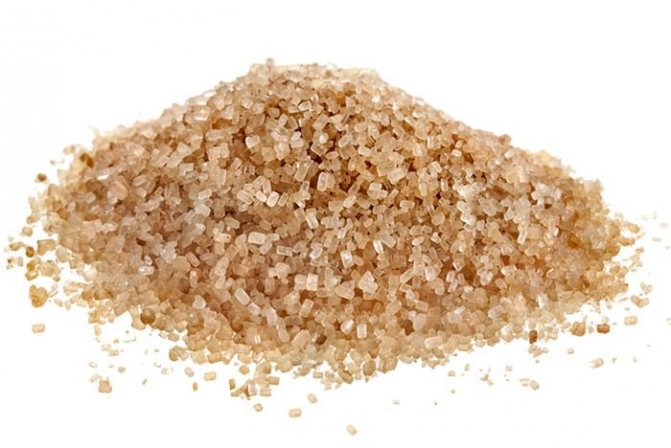
Lozenges containing the following components:
- levomenthol, as well as extracts from phyllanthus emblica, licorice, ginger;
- propyl hydroxybenzoate, sugar, glycerin, preservative E218, liquid glucose, citric acid (monohydrate);
- flavors: raspberry, pineapple, berries, lemon, strawberry, assorted fruit.
Ointment, composition:
- soft paraffin;
- levomenthol, thymol, camphor, eucalyptus oil, nutmeg, turpentine.
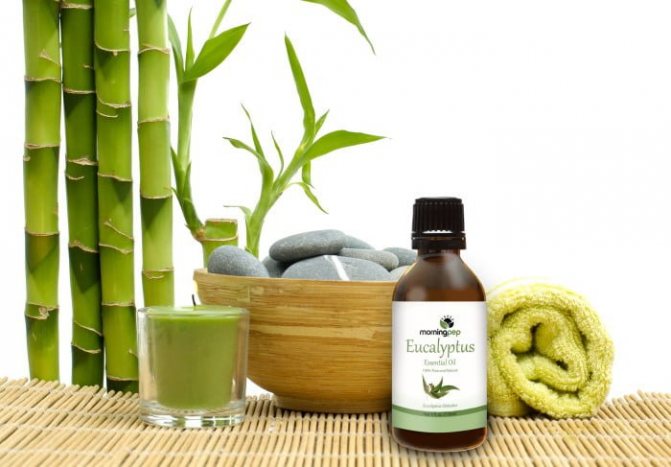
The drug in the form of a syrup based on herbal ingredients does not contain alcohol and has the following properties:
- thins mucus, cleanses the lungs, makes breathing easier;
- eliminates the inflammatory process;
- provokes increased sweating;
- normalizes temperature;
- destroys pathogens;
- eliminates swelling in the upper respiratory tract;
- has a sedative effect;
- relieves spasm and pain.

Lozenges have a similar composition and therefore have the same properties as syrup. In addition, they have a fungicidal (antifungal) effect. Nutmeg oil blocks the synthesis of prostaglandins, and camphor and vegetable oils have a local irritant effect.
The medication in the form of an ointment eliminates inflammation and destroys bacteria. The ointment has a local irritating and distracting effect.
Indications for use of lozenges and syrup:
- Pharyngitis;
- Inflammation of the trachea;
- Laryngitis;
- Inflammation of the bronchi.
The ointment is used to treat acute respiratory infections, which is accompanied by a runny nose. Other indications for using the ointment: headache, myalgia, back pain.
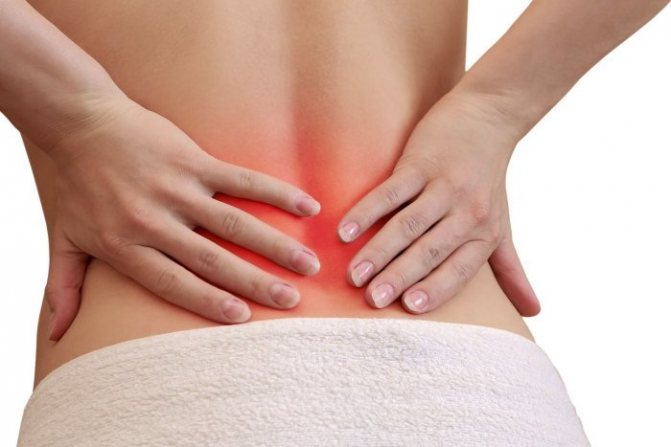
Interaction with other medications
Can be used in combination with tablets that provoke coughing:
- Bromhexine
- Lazolvan
- Mukaltin.
It is forbidden to combine with medicines that block cough:
- Libexin
- Codelac
- Stoptussin
- Terpincode.
A possible side effect is allergies. At the moment, no cases of overdose with infusion have been recorded. The drug is stored in a dry place. The shelf life of crushed collection is 2 years, powdered collection is 3 years.
The most effective analogues of the decoction are:
- Gerbion
- Doctor Mom
- Pertussin.
Analogs
Gerbion
Manufacturer KRKA, Slovenia.
The average price is 260-320 rubles.
Active ingredient: primrose root extract + common thyme. Available in syrup form.
Pros:
- Suitable for adults and children
- Effectively treats non-productive cough.
Minuses:
- Stomach upset
- Vomit
- Allergy.
Doctor Mom
Manufacturer Unique Pharmaceutical Laboratories, India.
The average price is 190-300 rubles.
The active ingredients are holy basil, licorice and turmeric. Available in syrup form.
Pros:
- Effective for dry cough
- Removes phlegm
- Suitable for children and adults.
Minuses:
- Not recommended for pregnant and lactating women
- Not suitable for treating children under 3 years of age and people suffering from diabetes mellitus
- May cause allergies.
Effect of Doctor Mom ointment
Doctor Mom ointment has a local effect, but it can affect the entire body. Thanks to the menthol included in the composition, blood vessels dilate. This leads to a feeling of cold. The cooling effect has a distracting and analgesic effect. Camphor works by a similar mechanism - it effectively eliminates pain due to skin irritation.
Nutmeg oil inhibits the production of prostaglandins and produces a direct anti-inflammatory effect. And thymol is an antiseptic; it has not only antibacterial, but also antifungal effects.
Turpentine and eucalyptus oils, when used topically, irritate the skin, causing blood flow to the affected area.
Thanks to its combined composition, Doctor Mom ointment has a fairly wide range of indications, however, there are a number of restrictions for its use, especially during breastfeeding.
Indications and restrictions for hepatitis B
Most often, Doctor Mom ointment is prescribed by doctors for colds, muscle pain and cough.
If your nose is stuffy, this medicine can be applied to the outside of the nose. However, it is important not to rub it too hard.
For headaches, applying ointment to the temple area has a good effect.
Doctor Mom ointment also relieves coughing. To do this, it is lightly rubbed into the sternum area. If a breastfeeding mother experiences muscle tension and pain, the drug is applied to this area, after which it is covered with a warm bandage.
But there are also restrictions on the use of this ointment, related both to breastfeeding and to the general condition of the woman and her concomitant diseases.
Pregnant and lactating women were not included in studies of the safety and effectiveness of this medicine for ethical reasons. In this regard, the manufacturer does not recommend the use of Doctor Mom ointment during breastfeeding, although no cases of negative effects on the baby have been reported so far. This drug should only be prescribed by a doctor if, in his opinion, the benefits outweigh the risks.
You should know that the medicine has a rather pungent odor due to the essential oils included in the composition. Using it during the feeding period may lead to a temporary refusal of breastfeeding.
In addition, if Doctor Mom ointment was applied to the sternum or intercostal space, inhalation of it by the baby may cause an allergic reaction or even bronchospasm.
When breastfeeding, local (mammary gland, sternum) use of medications containing essential oils should be avoided. There is also a risk that the active substances will enter the child's mouth during feeding.
